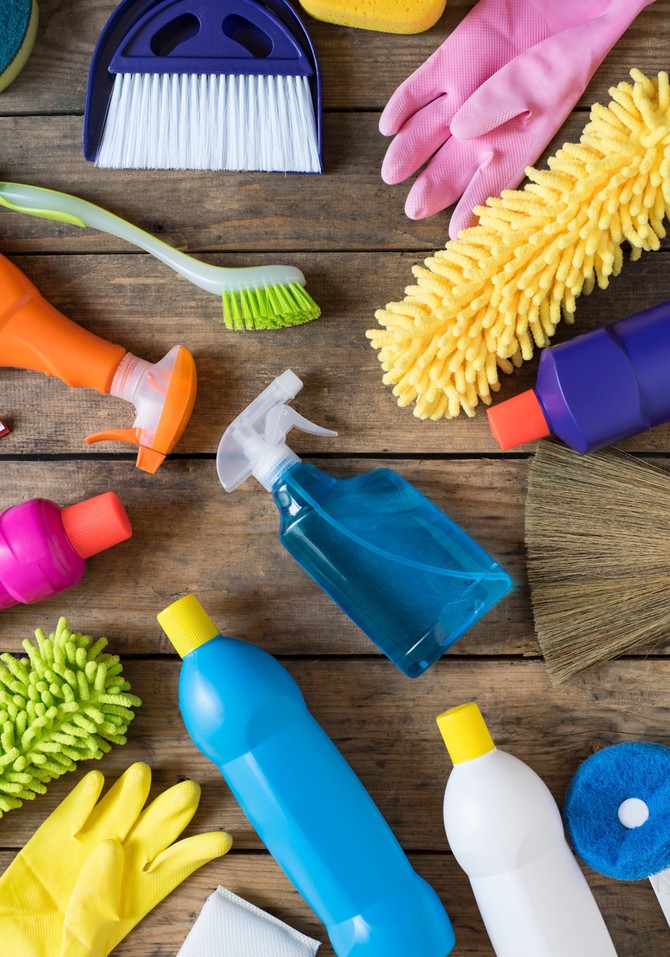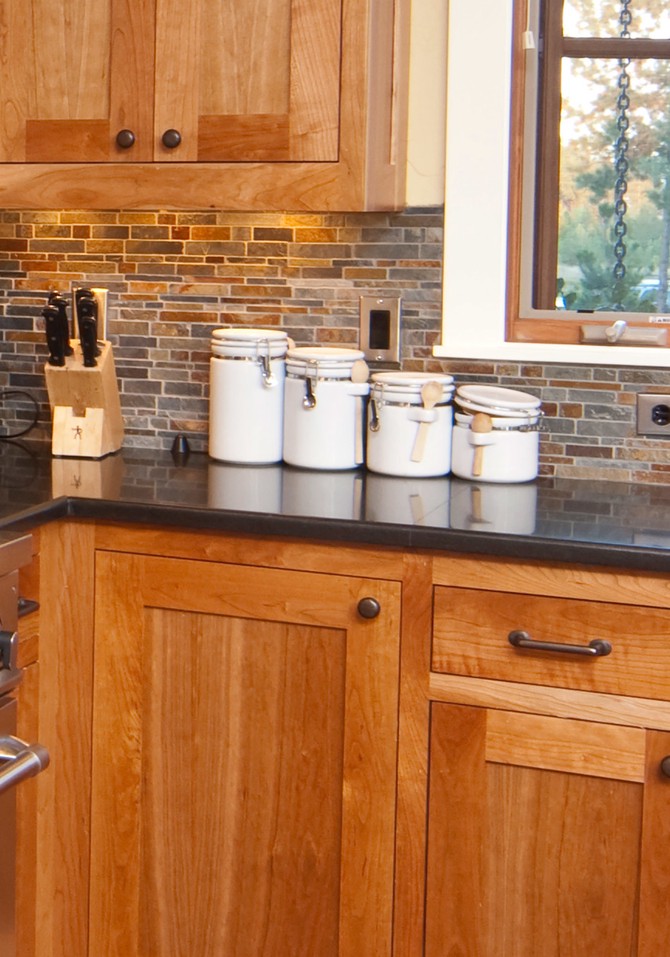The 5 Most Common Mistakes Professional Organizers See
From shopping bags stuffed with old papers to medicine cabinets brimming with half-used creams, here are the roadblocks professional organizers run into most often—plus, easy fixes you can make.
By Lynn Andriani

Photo: Tatomm/iStock
Mistake #1: Waiting until you can devote an entire weekend to decluttering.
Dedicating an entire day to sorting through your home may not fit into your schedule—and Sharon Lowenheim, a certified professional organizer and the owner of Organizing Goddess, an organization service in NYC, says that's just fine. She's seen clients make great headway by taking a small-zone approach. If you're unsure what qualifies as "small," Lowenheim says to take an empty paper towel roll, look through it and identify one messy area. Set a timer for 15 minutes, and only work on the space you saw through the tube until the timer goes off. It could be a spice rack, a basket of magazines or a cluttered corner of your desk—she says you can even do some tasks while watching TV or waiting for a load of laundry to finish. Do this for a few days, refocusing your paper towel roll on a new spot each time and clearing it in a 15-minute segment and you'll make significant progress.

Photo: NoDerog/iStock
Mistake #2: Relying on a storage unit.
There are times when renting a space to stash your stuff is necessary (maybe you're temporarily relocating, or you just need a spot for your canoe all winter). Still, many people never go back to access their items, Lowenheim says. A 2017 study by the Self Storage Association found that almost 10 percent of U.S. households rent a storage unit, at an average cost of about $90 a month, (though it varies depending on how big the unit is, and what part of the country it's in). Yet 15 percent of people who rent units say they're storing items they no longer need or want. Before you make another payment on your space, consider if those folding chairs, baby clothes, old Christmas ornaments and tennis racquets are worth the nearly $1,100 a year you might be paying for someone else to store them.

Photo: PainterSaba/iStock
Mistake #3: Keeping that $45 face cream, even though you hate the way it smells.
Pro organizers are used to seeing abandoned, barely-used or half-full bottles of moisturizer, sunscreen and facial serum in bathroom cabinets, and it's typically not because clients have simply forgotten about them. Andrew Mellen, an organization expert, speaker and the author of Unstuff Your Life, says the people he works with frequently tell him they spent so much money on a product, that even though they don't like it, they feel guilty throwing it away. Clutter isn't the only reason to toss products you're not using, though: many of the products actually expire way sooner than you might think. If you've already opened, say, a tube of anti-aging cream with retinol, it's only good for a year.

Photo: NightAndDayImages/iStock
Mistake #4: Leaving your medicine cabinet shelves as is.
And while we're on the subject of bathroom storage, here's one common mistake you can fix with minimal effort. Lisa Zaslow, an organization and productivity expert and the owner of Gotham Organizers in NYC, says she often helps clients who have no idea that they can adjust the shelves in their kitchen and bathroom medicine cabinets. Doing this allows you to then group similarly sized items together; e.g., all small pill boxes can go on one shelf, all tall bottles can go on another. Customizing your cabinets allows you to store more items, more efficiently—and it's usually doable without any special tools.

Photo: chandlerphoto/iStock
Mistake #5: Displaying beautiful—but empty—kitchen canisters.
It's pretty easy to spot the usual clutter on your kitchen counters—hello, yesterday's mail, house keys, various phone chargers. But Mellen says many of us become blind to the other types of nonessential items that may be taking up valuable space. His pet peeve: canisters of ingredients people never, or hardly ever, use. Mellen says he'll typically hear a client say she saw the canisters at a store, loved how they looked and bought them, when the truth is she rarely uses sugar and the other items the canisters store. Other clients never even fill the containers. Instead, Mellen says, stash those ingredients in a cabinet and free up counter space for actual cooking.
Want more stories like this delivered to your inbox? Sign up for the Oprah.com Home & Decorating Newsletter!
Want more stories like this delivered to your inbox? Sign up for the Oprah.com Home & Decorating Newsletter!
Published 05/19/2017

